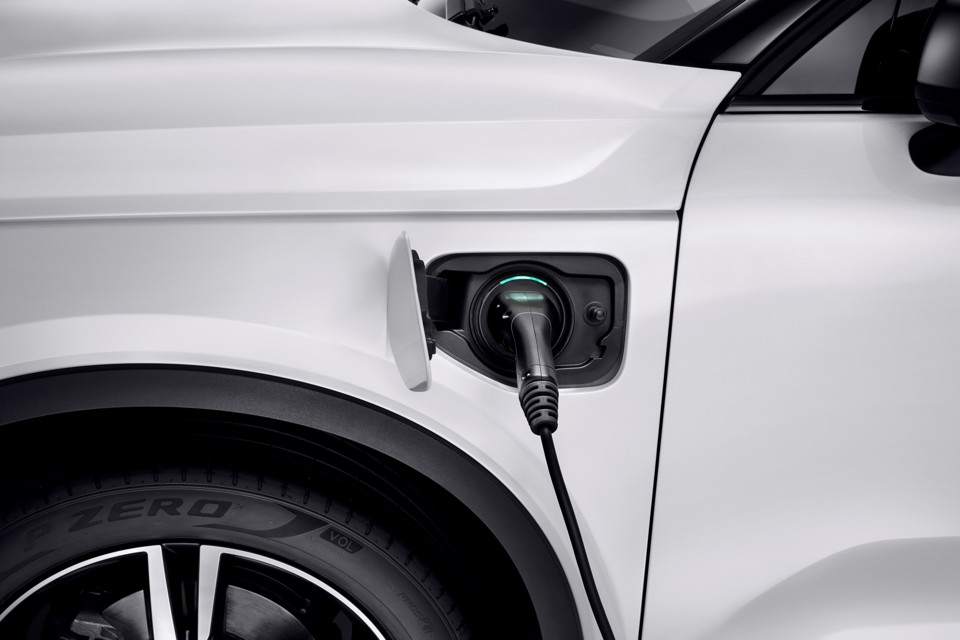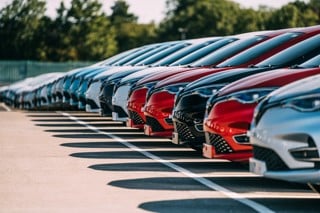Activa Contracts is reporting that one in three (35%) fleet orders placed so far this year have been for electric or hybrid vehicles.
The leasing and fleet management firm believes the switch from more traditional internal combustion engines to electric vehicles (EVs), whether plug-in hybrid or pure EVs, has been driven in part by WLTP – the Worldwide Harmonised Light Vehicle Test Procedure.
It says that the true impact of the new system has become apparent with cars increasing by 20-30g/km, which has helped encourage drivers into a lower emission car, adding drivers seem to have gained a ‘green conscious’ during lockdown.
Activa director Lisa Temperton explained: “Lockdown came just at the right time for WLTP as many car makers had data missing so it was becoming very difficult to give company car drivers a complete picture of their new car’s benefit-in-kind (BIK) tax liability.
“Some carmakers have used the lockdown to complete their data which has been loaded into our quoting engine, but we have still got gaps in our system.”
Activa spent 2019 with many fleets trialling electric vans as well as cars, and says more companies have started to understand how they could strengthen sustainability on their fleet, in particular those vans that operate in urban areas.
Activa has received orders for vans like the Nissan e-NV200 and Renault Kangoo, while the new Vauxhall e-Vivaro is also creating some interest.
“More fleets have begun to understand that many multi-drop delivery routes that return to base can be achieved by using an electric van," continued Temperton. "Fleets are very intent on giving electric vans a go.
“The mindset has definitely changed post Covid and we believe we will see more electric vans coming onto fleet over the next 12 months.”
Fleet News has reported how leasing companies have reported record levels of demand from company car drivers for EVs.
An Arval Mobility Observatory report, which gains insight from 5,600 businesses across Europe, shows that more than half (53%) of UK businesses are already running BEVs or plan to do so in the next three years, contrasting with 41% answering the same question in 2019.






















Login to comment
Comments
No comments have been made yet.